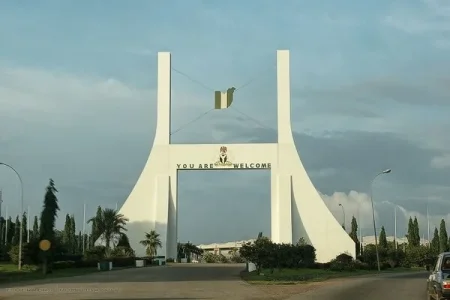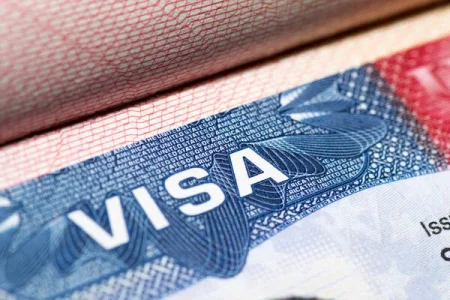In a recent update, the U.S. Embassy and Consulate in Nigeria issued a comprehensive travel advisory, urging citizens to reconsider any plans to visit Nigeria. The advisory cites a myriad of concerns, including crime, terrorism, civil unrest, kidnapping, and the presence of armed gangs.

Image by tyleroharrow from Pixabay
Specifically, the advisory strongly discourages travel to several Nigerian states, including Borno, Yobe, Kogi, and northern Adamawa, due to heightened risks of terrorism and kidnapping. Additionally, states such as Bauchi, Gombe, Kaduna, Kano, Katsina, Sokoto, and Zamfara are flagged for rampant kidnapping incidents. The southern states of Abia, Anambra, Bayelsa, Delta, Enugu, Imo, and Rivers, excluding Port Harcourt, are also highlighted for prevalent crime, kidnapping, and the activities of armed gangs.
The advisory paints a grim picture of the security situation in Nigeria. Violent crimes, including armed robbery, assault, carjacking, kidnapping, and rape, are reportedly widespread. Kidnappings for ransom have become frequent, with dual national and U.S. citizens with perceived wealth as prime targets. Terrorist activities continue unabated, with terrorists known to collaborate with local gangs to amplify their reach.
The Niger Delta and Southeast regions of southern Nigeria are particularly volatile, with civil unrest and the activities of armed gangs being rampant. Clashes between farming communities and herders in rural areas can also escalate quickly.
The U.S. government has emphasised its limited capacity to provide emergency services to its citizens in many Nigerian regions due to the prevailing security conditions. Those who still choose to travel to Nigeria are advised to exercise extreme caution, maintain a low profile, and be prepared for any eventuality.
 ng.usembassy.gov
ng.usembassy.gov

Image by tyleroharrow from Pixabay
Specifically, the advisory strongly discourages travel to several Nigerian states, including Borno, Yobe, Kogi, and northern Adamawa, due to heightened risks of terrorism and kidnapping. Additionally, states such as Bauchi, Gombe, Kaduna, Kano, Katsina, Sokoto, and Zamfara are flagged for rampant kidnapping incidents. The southern states of Abia, Anambra, Bayelsa, Delta, Enugu, Imo, and Rivers, excluding Port Harcourt, are also highlighted for prevalent crime, kidnapping, and the activities of armed gangs.
The advisory paints a grim picture of the security situation in Nigeria. Violent crimes, including armed robbery, assault, carjacking, kidnapping, and rape, are reportedly widespread. Kidnappings for ransom have become frequent, with dual national and U.S. citizens with perceived wealth as prime targets. Terrorist activities continue unabated, with terrorists known to collaborate with local gangs to amplify their reach.
The Niger Delta and Southeast regions of southern Nigeria are particularly volatile, with civil unrest and the activities of armed gangs being rampant. Clashes between farming communities and herders in rural areas can also escalate quickly.
The U.S. government has emphasised its limited capacity to provide emergency services to its citizens in many Nigerian regions due to the prevailing security conditions. Those who still choose to travel to Nigeria are advised to exercise extreme caution, maintain a low profile, and be prepared for any eventuality.




